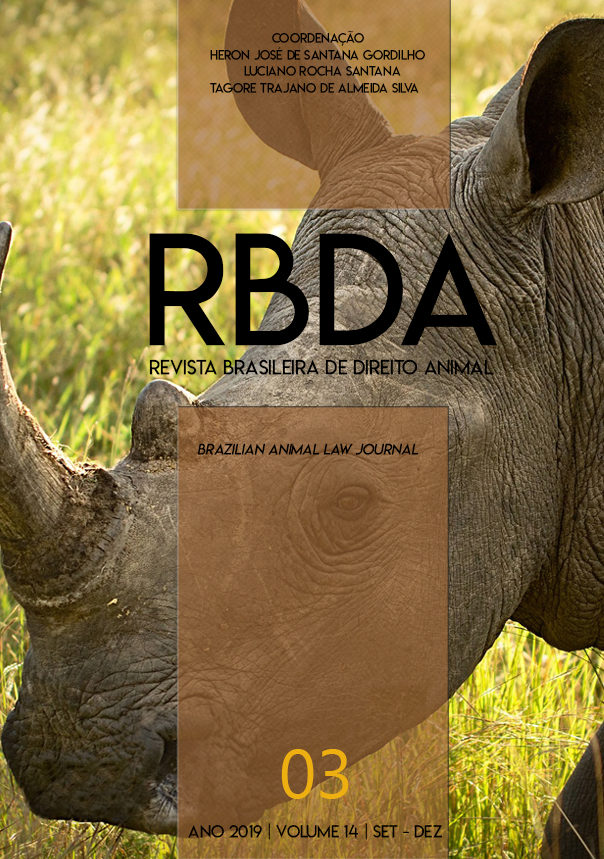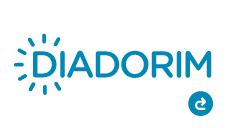AYAHUASCA: COMMERCE ÉQUITABLE FOR THE EMPOWERMENT AND PROTECTION OF INDIGENOUS PEOPLE’S INTELLECTUAL PROPERTY RIGHTS
DOI:
https://doi.org/10.9771/rbda.v14i3.34569Palavras-chave:
Ayahuasca, depression, intellectual property, traditional knowledge, commerce équitable.Resumo
Ayahuasca is a psychoactive beverage commonly consumed by indigenous people of the Amazon, traditionally used in religious and medicinal rituals. Nowadays, the infusion is often consumed by non-indigenous people due to its popularization. Scientific research corroborates the indigenous belief on the beverage’s healing powers when it comes to psychoneurological disorders. It is verified that a single dosage of its active pharmaceutical ingredient can help lower depression severity in patients resistant to the treatments known today. In light of the epidemic state of the disorder in the present day, there is enormous potential for developing new kinds of treatment, which will be enabled through pharmaceutical patents. However, the traditional knowledge behind those scientific and pharmaceutical studies must not be forgotten. In this article, utilizing literature and previous studies to support the views and arguments presented, the protection of traditional knowledge is analyzed. The Intellectual Property rights of indigenous communities related to Ayahuasca are defended, as well as their rights to commerce équitable, which can be understood as the parity of parties in trading, and to be involved in the results brought by the future pharmaceutical patents arising from the exploration of this biological material and its active substance. The method used is the deductive and the research technique is the bibliographical. It is structured in introduction, development, conclusions and bibliography.Downloads
Downloads
Publicado
Como Citar
Edição
Seção
Licença
1. Autores mantém os direitos autorais e concedem à revista o direito de primeira publicação, com o trabalho simultaneamente licenciado sob a Licença Creative Commons Atribuição 4.0 Internacional que permite o compartilhamentodo trabalho com reconhecimento da autoria e publicação inicial nesta revista.
2. Autores têm autorização para assumir contratos adicionais separadamente, para distribuição não-exclusiva da versão do trabalho publicada nesta revista (ex.: publicar em repositório institucional ou como capítulo de livro), com reconhecimento de autoria e publicação inicial nesta revista.
3. Autores têm permissão e são estimulados a publicar e distribuir seu trabalho online (ex.: em repositórios institucionais ou na sua página pessoal) a qualquer ponto antes ou durante o processo editorial, já que isso pode gerar alterações produtivas, bem como aumentar o impacto e a citação do trabalho publicado.












